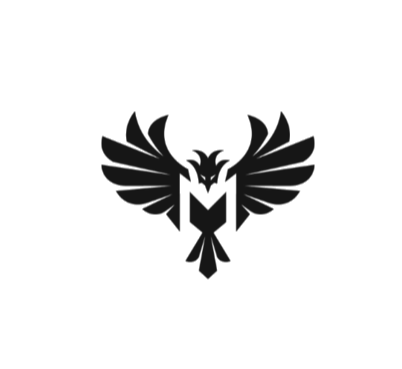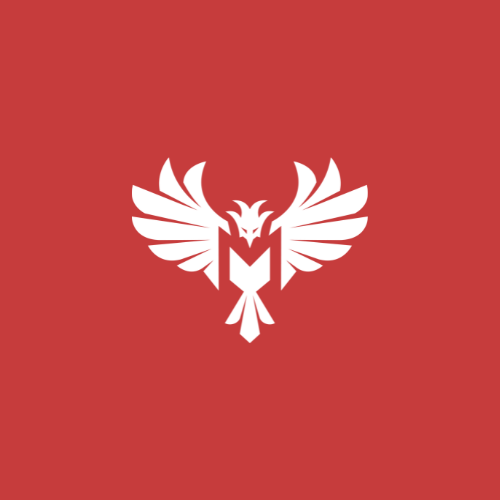
How to Learn Arabic Faster: The Ultimate Language Learning Blueprint
Arabic is a rich and diverse language with many dialects, each with its own pronunciation, vocabulary, and cultural nuances.
If you’re wondering, “Which Arabic dialect should I learn?”, this guide will break it down so you can make the best choice based on your goals.
1. Understanding Arabic: MSA vs. Dialects
Before choosing a dialect, it’s important to understand the difference between Modern Standard Arabic (MSA) and Spoken Arabic dialects:
MSA (Modern Standard Arabic): Used in formal settings like news, books, and speeches. It's not spoken in everyday life.
Spoken Arabic (Dialects): Used in daily conversations, movies, music, and social interactions.
✅ Key takeaway: If you want to speak Arabic fluently and naturally, choose a spoken dialect, not MSA.
2. The Major Arabic Dialects
Arabic dialects can be grouped into regional categories. Here’s a breakdown of the most widely spoken ones:
A. Levantine Arabic (Lebanese, Syrian, Jordanian, Palestinian)
Where it's spoken: Lebanon, Syria, Jordan, Palestine
Why learn it?
Soft, melodic pronunciation that sounds pleasant.
Commonly used in business, tourism, and media.
Lebanese Arabic is especially popular due to Lebanese music, TV, and its widespread influence.
Example phrase:
How are you? – Kifak? (\كيفك؟)
B. Egyptian Arabic
Where it's spoken: Egypt
Why learn it?
The most widely understood dialect in the Arab world due to Egyptian movies and music.
Easier grammar compared to other dialects.
A great choice for those interested in media and entertainment.
Example phrase:
What’s up? – ‘Amel eh? (\عامل ايه؟)
C. Gulf Arabic (Khaleeji)
Where it's spoken: UAE, Saudi Arabia, Kuwait, Bahrain, Qatar, Oman
Why learn it?
Ideal for those working in business, oil, or finance in the Gulf region.
Slightly different pronunciation and vocabulary from other dialects.
Example phrase:
Good morning! – Sabah el kheir (\صباح الخير)
D. Maghrebi Arabic (Moroccan, Algerian, Tunisian, Libyan)
Where it's spoken: Morocco, Algeria, Tunisia, Libya
Why learn it?
Has strong influences from French and Berber languages.
Unique pronunciation that can be challenging for other Arabic speakers.
Ideal for those planning to live or work in North Africa.
Example phrase:
How are you? – Kif dayr? (\كيف داير؟)
✅ Key takeaway: If you want to be understood by the most people, Egyptian or Levantine Arabic are your best choices.
3. Choosing the Best Arabic Dialect for You
Your choice depends on why you’re learning Arabic. Here’s a guide to help you decide:
| Your Goal | Best Dialect |
|---|---|
| Traveling in the Middle East | Levantine (Lebanese, Jordanian, Syrian) |
| Working in the Gulf region | Gulf Arabic |
| Watching Arabic TV & movies | Egyptian Arabic |
| Doing business in Lebanon | Lebanese Arabic |
| Living in North Africa | Moroccan or Algerian Arabic |
| Learning for cultural interest | Any spoken dialect |
✅ Pro Tip: If you’re not sure, start with Levantine Arabic or Egyptian Arabic, as they are widely understood.
4. Learning Spoken Arabic the Smart Way
Once you’ve chosen your dialect, follow these tips to learn faster:
1. Learn the Most Common Words First
Instead of learning random vocabulary, focus on the most-used words and phrases.
Hello – Marhaba (\مرحبا)
Thank you – Shukran (\شكراً)
Where is…? – Wein…? (\وين؟)
2. Immerse Yourself in the Dialect
Watch Arabic TV shows and YouTube channels in your chosen dialect.
Listen to Arabic music and podcasts daily.
Follow native speakers on Instagram and TikTok.
3. Practice Speaking from Day One
Speak with native speakers via language exchange apps.
Repeat dialogues from movies and songs.
Don’t worry about mistakes—just start speaking!
✅ Want a fast-track to learning? Check out our Spoken Arabic Accelerator program!
Conclusion: Which Arabic Dialect is Right for You?
If you want to be understood by the most people, learn Levantine or Egyptian Arabic.
If you have a specific country in mind, choose that country’s dialect.
No matter which dialect you pick, start speaking early, focus on real conversations, and immerse yourself daily.
✅ Want to learn spoken Arabic the easy way? Download our FREE Lebanese Arabic Guide today!

600 N Broad St Ste 5
PMB 2111
Middletown, DE 19709
